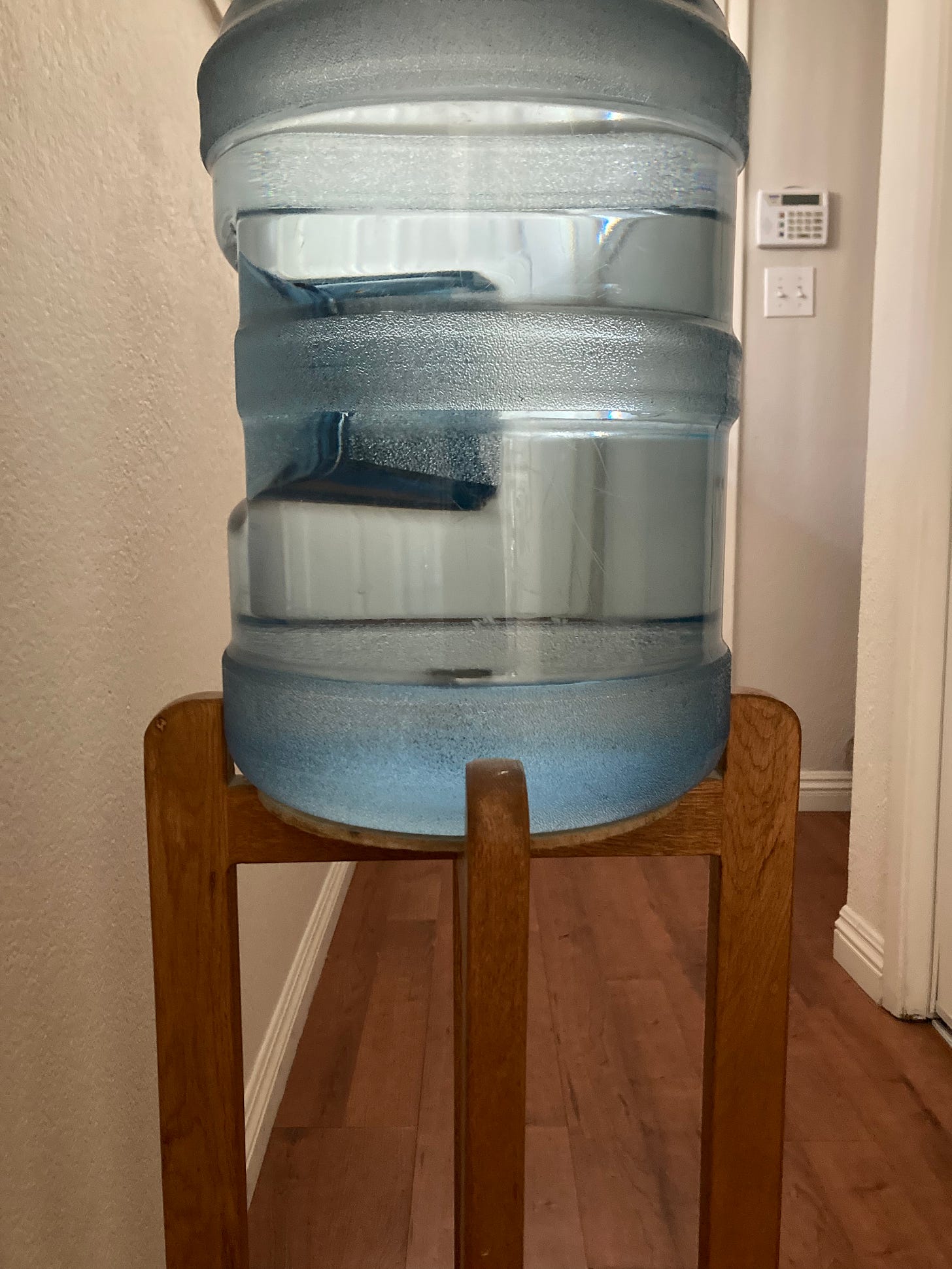CORRECTIONS: A previous version of this story conflated two acronyms related to technology being marketed as “next-gen” television. The story has been corrected, and you can find additional technical information on RECnet.
And an apology to Tim Coco from Peggy and Betty. We erred in editing his letter at the beginning of his last sentence. Tim wrote “Your.” Peggy changed it to “You’re” and then Betty added “(sic).” We sincerely apologize to Tim, and pledge to do our job more thoroughly from here on.
Looking at the legal landscape
The latest collection of headlines makes us wonder whether broadcast lawyers are trying to get a 360-view of where the legal landscape is heading, and whether this shift will lend station managers some new defenses in FCC enforcement cases, especially at the community level. The legal blog, JDSupra, recently took a stab at it.
Unlike Verizon, which buckled to FCC pressure over its DEI policy, the Black Enterprise newspaper and other outlets report that AT&T continues to resist pressure from the FCC to drop its diversity, equity and inclusion policy.
FCC Commissioner Anna Gomez says a recent Fifth Circuit decision illustrates that the agency has no authority to pursue this agenda. As she heads across the country on her First Amendment tour, we can expect to hear more about the implications of these recent decisions.
A recent U.S. Supreme Court decision has fueled speculation about whether the White House has the authority to dismiss certain agency officials, like Gomez. Those FTC officials the White House fired earlier this year say their dismissal signals corruption in the executive branch. Many federal employees are challenging their dismissal by DOGE and the White House.
“Next-gen” TV concerns; PBS is self-censoring, critics say
The Electronic Frontier Foundation published an excellent explainer on why it opposes the addition of “private security authority” over the public airwaves, a new technology transition that is being championed by the National Association of Broadcasters. While the change affects television broadcasting, the FCC’s position bears watching, since, as the foundation argues, it kills innovation and puts public airwaves in the hands of a few private media cartels.
Documentary producers are calling foul after producers for the PBS program, American Masters, cut an important segment out of a report featuring Art Spiegelman, the creator of the graphic novel, Maus. The story published on the website for the International Documentary Association notes a troubling pattern of self-censorship at PBS.
Letters From Readers
We’re adding letters from readers as a new feature to our Friday news round-ups. We could tell from the online traffic that this story mattered to all of you. Tim Coco at WHAV-LP tells us why:
Thank you for writing “Marking 25 years of LPFM.”
The article stood out for me because it acknowledges a nearly forgotten piece of history—NAB’s and CPB’s collusion to fight LPFM. NPR wasn’t exactly clean either. Maybe I read into it too much, but I saw the acknowledgement as a “Then they came for me” learning exercise.
I founded WHAV-LP in 2016. I began my career in local news at the former WHAV AM (founded in 1947) as an intern in 1978 and, soon thereafter, as an employee. I eventually moved on to daily newspapers.
When the original WHAV was dismembered during the first wave of consolidation and then the newspapers serving the same population effectively ceased reliable local coverage, I advocated for an LPFM license, got the local call letters back (not easily, as shown at https://whav.net/2015/03/19/whav-call-returns-to-haverhill-after-high-seas-adventure/) and moved into the original WHAV transmitter and, later, studio buildings.
WHAV-LP is now the dominant local news provider with daily, original local news coverage on-air, online at WHAV.net, via a daily eNewspaper and more. CPB’s power rules mean we’re largely ineligible for funding.
Your helping readers remember the past may prove most helpful in the future.
This FCC Actions Alert is produced by the volunteers at the Community Media Assistance Project under the direction of CMAP Executive Director, Betty McArdle. We monitor many sources of information about the Federal Communications Commission, federal communications law, and community developments important to your station and your community. The information provided in this newsletter is for general informational purposes only and should not be considered as financial or legal advice. Always consult with a qualified professional before making any decisions based on the content herein. If you have a news tip, please email us at betty@c-map.org.
Communications Act of 1934, Sect. 326.
Nothing in this Act shall be understood or construed to give the Commission the power of censorship over the radio communications or signals transmitted by any radio station, and no regulation or condition shall be promulgated or fixed by the Commission which shall interfere with the right of free speech by means of radio communication.




